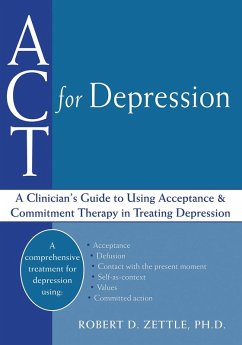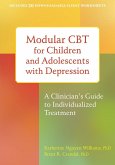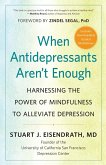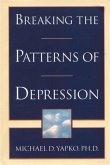Psychological research suggests that cognitive behavior therapy (CBT), used alone or in combination with medical therapy, is the most effective treatment for depression. Recent finding, though, suggest that CBT for depression may work through different processes than we had previously suspected. The stated goal of therapeutic work in CBT is the challenging and restructuring of irrational thoughts that can lead to feelings of depression. But the results of recent studies suggest that two other side effects of CBT may actually have a greater impact that thought restructuring on client progress: Distancing and decentering work that helps clients stop identifying with depression and behavior activation, a technique that helps him or her to reengage with naturally pleasurable and rewarding activities. These two components of conventional CBT are central in the treatment approach of the new acceptance and commitment therapy (ACT). This book develops the techniques of ACT into a...
Dieser Download kann aus rechtlichen Gründen nur mit Rechnungsadresse in A, B, BG, CY, CZ, D, DK, EW, E, FIN, F, GR, HR, H, IRL, I, LT, L, LR, M, NL, PL, P, R, S, SLO, SK ausgeliefert werden.









